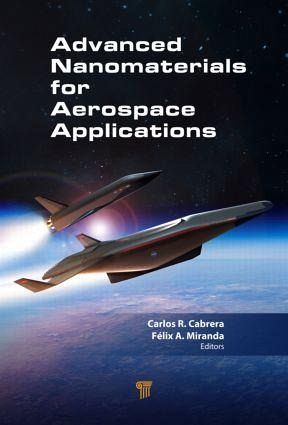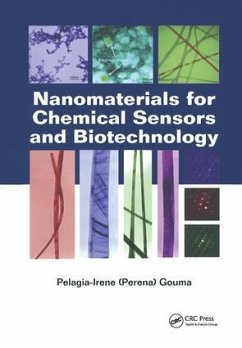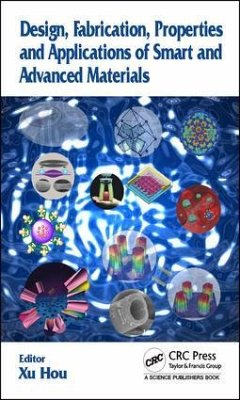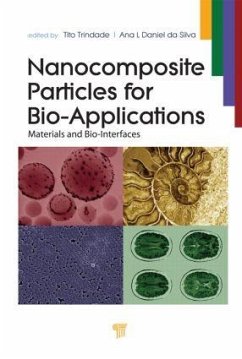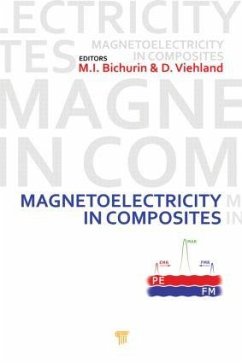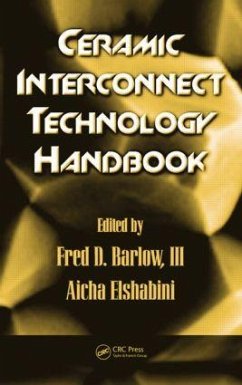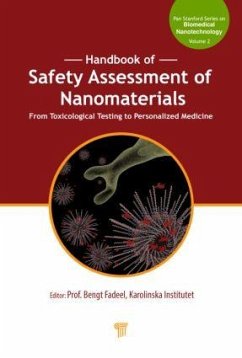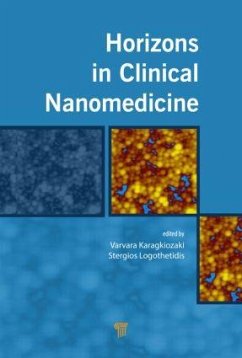Dr. Carlos Cabrera is professor at the Department of Chemistry of the University of Puerto Rico, Río Piedras Campus. Cabrera's main research area is on the development of nanocatalysts for clean energy technology such as fuel cell systems. This energy system is of importance for the development of environmentally friendly energy conversion and storage based on alcohols. Fuel cells are becoming a promising clean energy system for vehicles, portable devices, and power generators. This area of research is part of the research conducted at the Institute for Functional Nanomaterials (IFN). Through the institute, Cabrera will develop catalytic nanomaterials for fuel cell testbeds and prototypes that will be evaluated at the NASA Glenn Research Center in Cleveland, Ohio. This creation of the IFN is creating a unique opportunity for the further development of Cabrera's nanotechnology research since new state-of-the-art instrumentations and unique partnerships will be established with nanotechnology centers located at Purdue University, University of Massachusetts, Northwestern University, Cornell University, and the Argonne National Laboratory. Dr. Félix A. Miranda received his B.S. degree in physics from the University of Puerto Rico in 1983, an M.S. degree in physics from Rensselaer Polytechnic Institute, USA, in 1986, and a Ph.D. degree in physics from Case Western Reserve University, USA, in 1991. He is currently chief of the Antenna and Optical Systems Branch in the Communications, Instrumentation, and Controls Division. His areas of expertise are antenna technology, ferroelectric tunable microwave components, and microwave integrated circuits and devices for space and ground-based communications.
